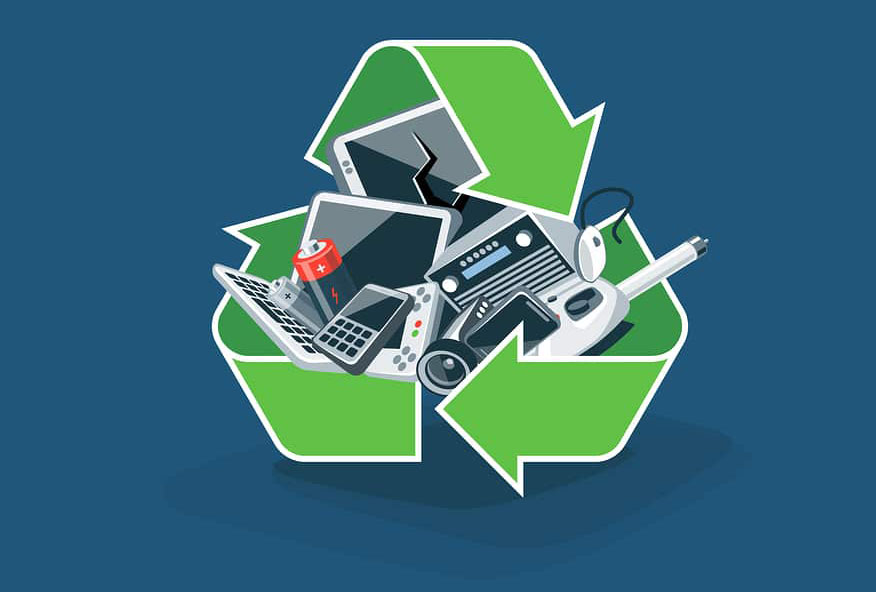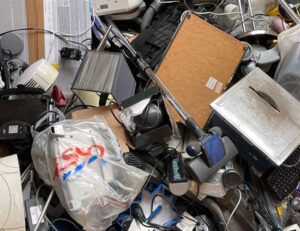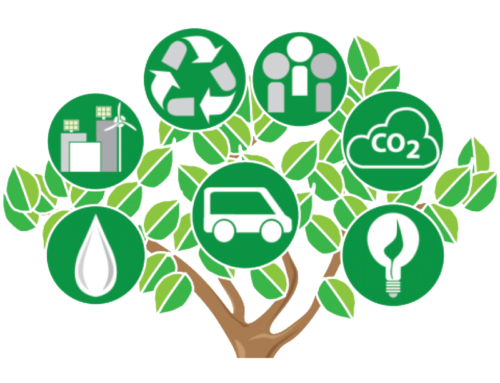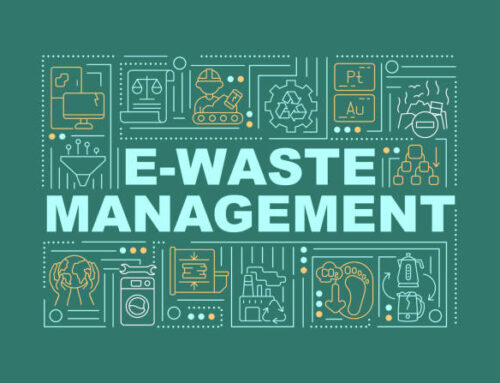
E-waste Management services
E-waste Management services
Because of new technology and our need for connection in our personal and professional lives, the usage of and demand for electronics has reached previously unheard-of heights. And in response to our needs during the epidemic, this has quickly changed. The establishment of an E-waste Management Company is done in order to manage the hike in e-waste production.
Our reliance on technology has a significant negative influence on electronic waste. The E-waste management company in India like the E-waste management company, Gurgaon manages e-waste properly. Let’s look at the issue, the hazards it entails, and what organizations can do to integrate e-waste into their long-term sustainability plan.
What is E-waste?
 Historically, desktops, servers, tablets, laptops, printers, and mobile phones get categorized as e-waste. In today’s tech-enabled world, this word encompasses a wide range of items utilized in enterprises, as well as toys, tools, music, automobiles, and wearables. These products turn into e-waste after their useful lives are through.
Historically, desktops, servers, tablets, laptops, printers, and mobile phones get categorized as e-waste. In today’s tech-enabled world, this word encompasses a wide range of items utilized in enterprises, as well as toys, tools, music, automobiles, and wearables. These products turn into e-waste after their useful lives are through.
The 2020 UN Global E-waste Monitor states that e-waste is the world’s greatest source of garbage, frequently contains components that are dangerous to the environment and human health and very little of it gets recycled. Additionally, important elements found in e-waste, such as cobalt, lithium, mercury, copper, and gold, have a diminished value if they are not recycled.
Hidden dangers of e-waste
Impacts on health and safety:
 The recycling of e-waste necessitates the manual dismantling of many gadgets, exposing employees to repeated stress and other hazardous conditions. Workers may also get exposed to airborne toxins such as lead, arsenic, and flammable dust during disassembly, which can have serious health consequences.
The recycling of e-waste necessitates the manual dismantling of many gadgets, exposing employees to repeated stress and other hazardous conditions. Workers may also get exposed to airborne toxins such as lead, arsenic, and flammable dust during disassembly, which can have serious health consequences.
During dismantling, the processing of e-waste for precious metal recovery entails toxic substances and high-risk operations such as acid treatment and smelting, resulting in dangerous work situations. Most e-waste treatment occurs in underdeveloped nations, which frequently need more regulatory standards, safety equipment, and culture to keep their employees safe.
The e-waste management company, Gurgaon is familiar with e-waste concerns and employ a variety of approaches to address these challenges, including downstream recycling supplier proper research and confirmation, extended producer responsibility programs, internal corporate standards, and contract conditions.
Companies like the e-waste management company, Gurgaon are already seeing electronics emerging as a material waste stream as more goods become smart and linked to the internet, making e-waste hazards significant to their company.
Methods for dealing with the e-waste problem
 Companies like the E-waste management company, Gurgaon are at various phases of their e-waste management journey, whether it is due to the recent identification of possible e-waste in new goods or the improvement of current programs.
Companies like the E-waste management company, Gurgaon are at various phases of their e-waste management journey, whether it is due to the recent identification of possible e-waste in new goods or the improvement of current programs.
Regardless of where a firm is in the electronics lifecycle of a product, the initial stages are to identify the material dangers posed by e-waste, analyze the measures previously done, and plan a strategy for advancing.
Because of the variety of involved business functions—supply chain, logistics, supplier relationships, purchasing, legal, and product development employees were vital to establishing internal goals so that the standards and program would reduce risks and serve the company’s needs holistically.
Creating value from current e-waste will save billions of dollars in material costs and drastically lower a product’s carbon footprint. Companies must consider how to use e-waste resource recovery as a strategic economic benefit in the migration to a sustainable society.


